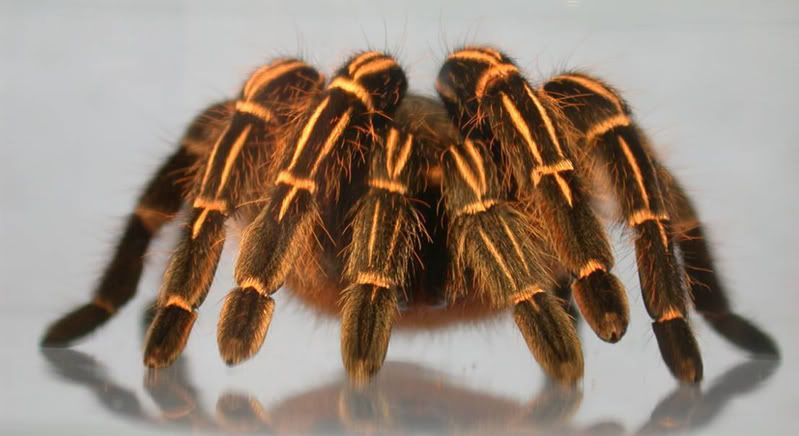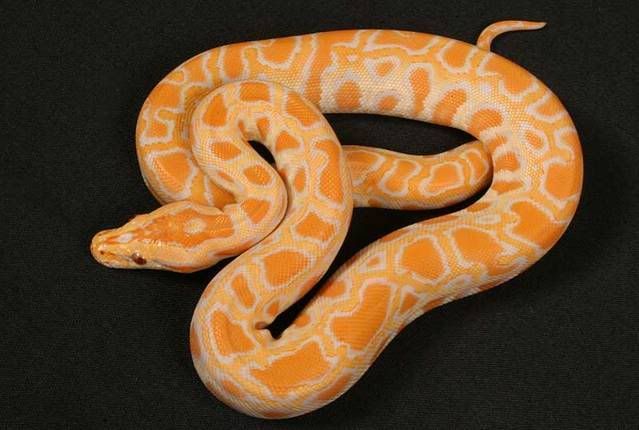 Every person has his own choice as to the kind of pet he will bring home and take care of. Generally, people choose dogs or cats as pets since these animals are sociable and easier to take care of care. However, there are people who prefer to take care of exotic pets.
Every person has his own choice as to the kind of pet he will bring home and take care of. Generally, people choose dogs or cats as pets since these animals are sociable and easier to take care of care. However, there are people who prefer to take care of exotic pets.Ordinary pets are animals that people consider as pets because they are highly domesticated and subdued. On the other hand, exotic pets are animals that aren't commonly found near society, aren't domesticated and most of them belong to the wild.
A person who is planning to get an exotic pet should take into consideration his commitment in caring for such pet. If the motivation is merely to have the exotic pet shown off then it is better to think again. Owning an exotic pet is a heavy responsibility because they require special care.
Parents who are planning to give an exotic pet to their children should choose an exotic pet that is more subdued and can be easily handled by children. Safety should also be a main consideration when giving exotic pets to children.
Why not give your child a rabbit as an exotic pet? Rabbits are cuddlier and safer compared to other exotic pets like reptiles and the likes. Can you imagine your child holding a boa constrictor for a pet? Of course that would be the day! But rabbits, well they look like stuffed toys they don't even seem like exotic pets at all!
Rabbits have become a common site nowadays because there are people who breed rabbits for business purposes. Some breed rabbits for their meat while some breed rabbits for reselling. Giving a rabbit to a child as an exotic pet would surely be appreciated without the giver worrying about safety and other issues.
Rabbits are fairly easy to take care of except of course when you have to give them warmth when temperatures go down. While rabbits are simple exotic pets, they also need tender loving care so make sure to educate the child on how to take care of the rabbit. Also ask the pet store about vaccines that may be given to the rabbit to make sure it is safe and healthy.
When buying rabbits, make sure you get one with a good pedigree because they have a higher resale value. In any case, rabbits with known and good pedigrees are better to breed and to take care of as exotic pets.






